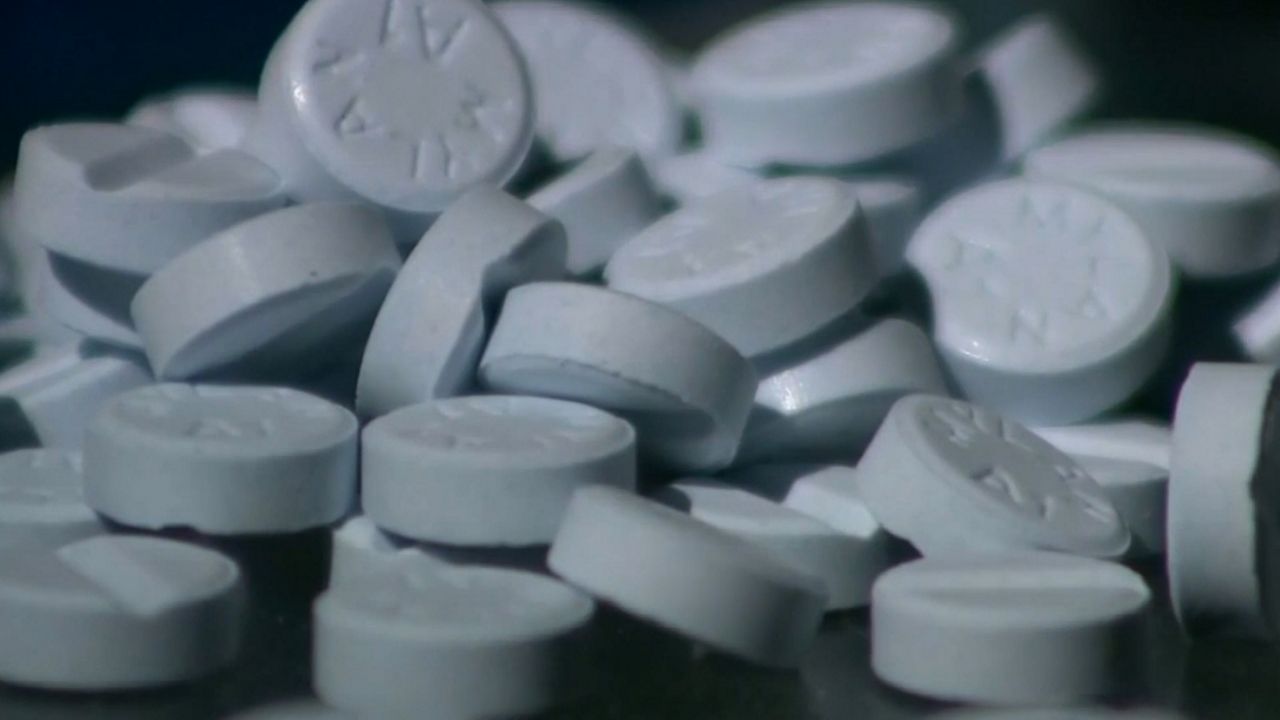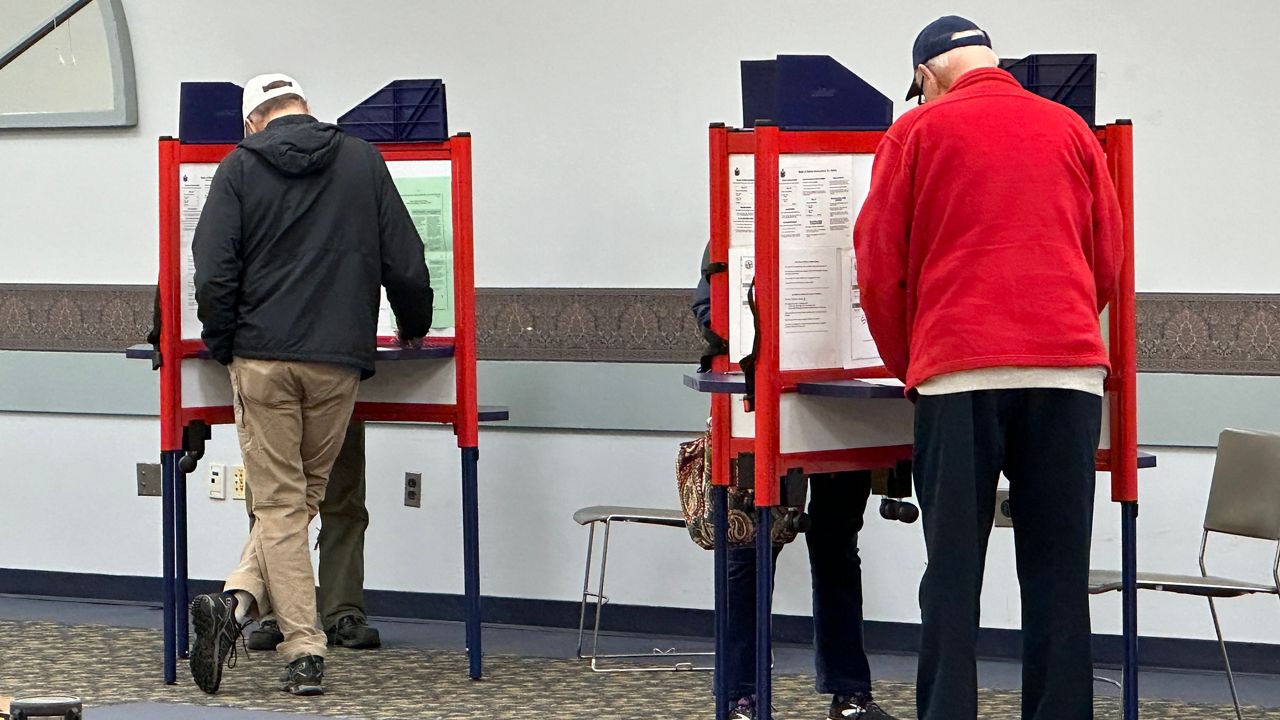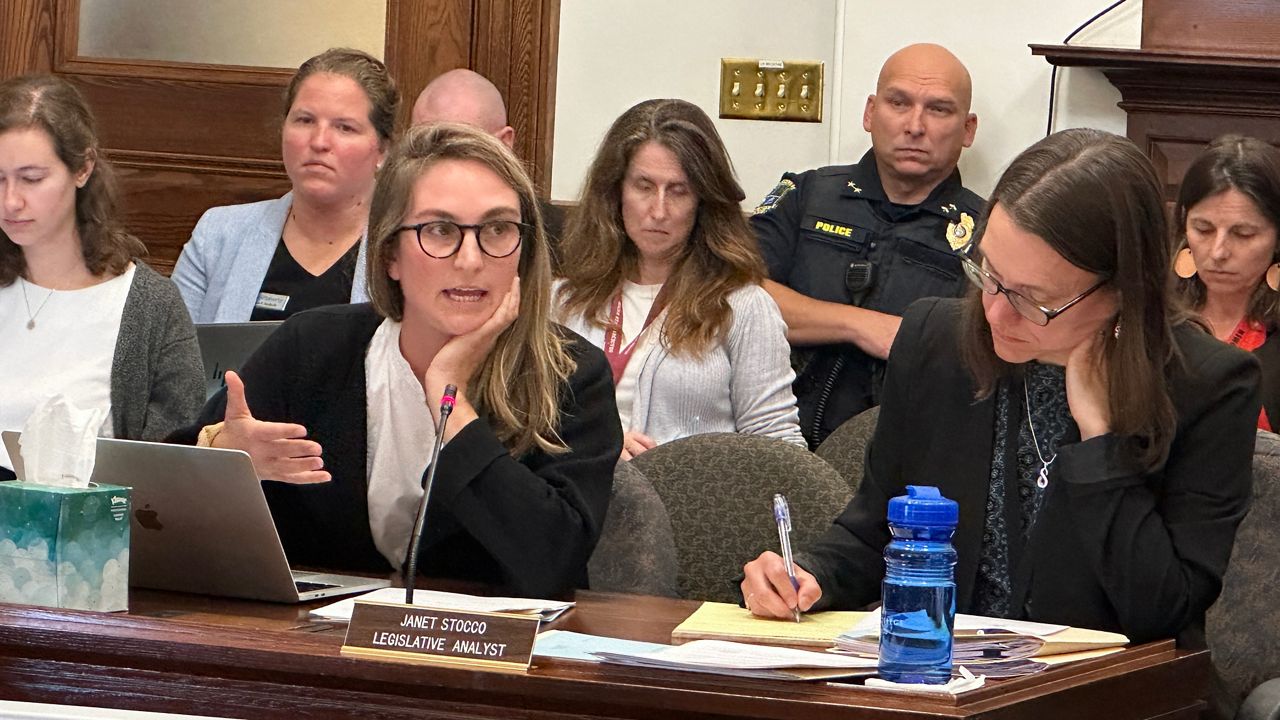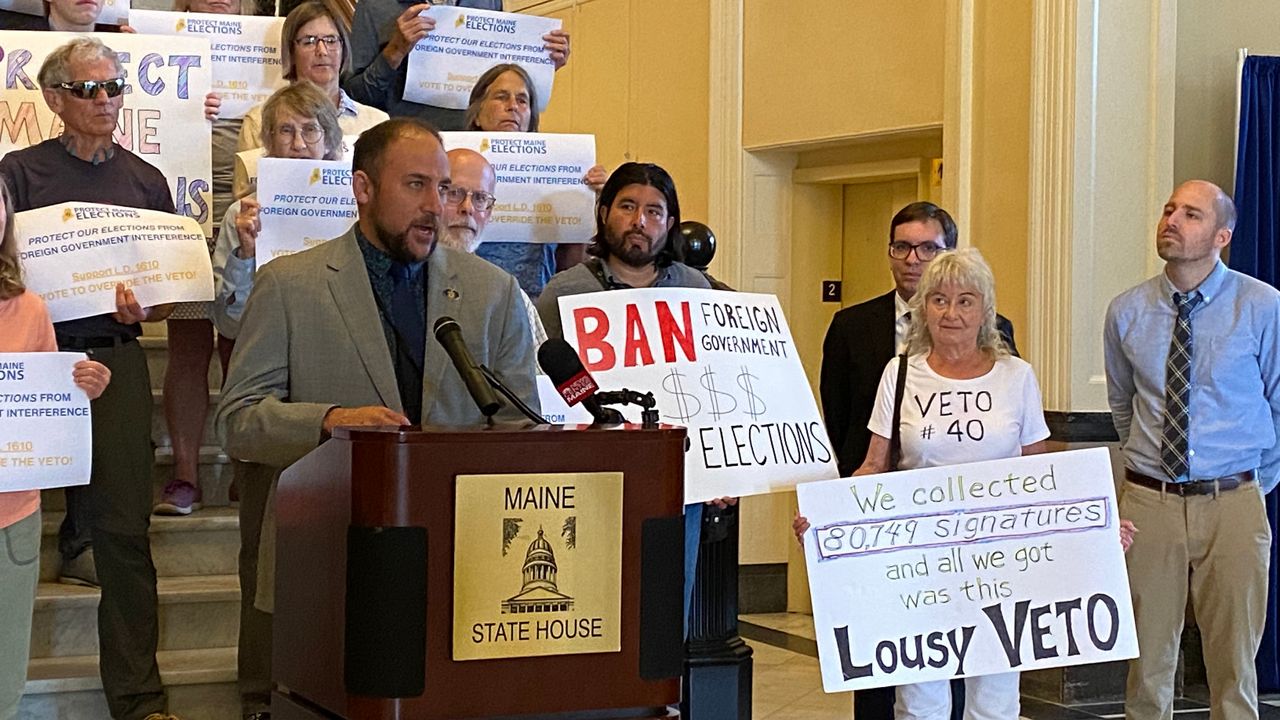Portland Police released new data this week indicating that the city has already seen more overdose deaths this year than in all of 2021, which one nonprofit treatment center director said he and his staff took personally.
“They’re people, and it hurts when you lose them,” said Thomas Doherty, executive director of Portland’s Milestone Recovery.
Portland Police data show from January to July 5, police have responded to 28 fatal overdoses, already surpassing the total of 23 for all of 2021.
According to a statement, police also noted 238 overdoses, both fatal and nonfatal, reported so far this year. The grim figure represents an 84% increase compared to the same periods in 2020 and 2021, and Portland Police anticipate breaking the 2017 annual record of 436 by the end of 2022.
Cumberland County District Attorney Jonathan Sahrbeck said in an interview the numbers were shocking, but not entirely unexpected, given that substances such as fentanyl, which first emerged in the state back in 2019, is still present.
“It just goes to demonstrate the issue we continue to be having,” he said.
Police said officers have used naloxone to revive a person 41 times so far this year. Overdose patients were transported to the hospital 99 times and refused further assistance 111 times.
Doherty said he also wasn’t completely surprised by the statistics. He said his staff members who do outreach into the area homeless community confirmed that in one recent week, seven people they worked with or knew in the community had died of an overdose. He agreed that fentanyl is one of the reasons for the increase. These days, he said, most illicit drugs sold on the streets, including illegal prescription medication, can be laced with it.
“It’s so cheap and easy to manufacture,” he said.
Still, Doherty said, the numbers are hard to see for many of Milestone Recovery’s workers.
“A lot of our staff are in recovery, and they see it could have been them,” he said.
Right now, Doherty said his nonprofit is awaiting new federal funding that will allow him to expand the nonprofit’s care to match the growing need for more treatment options.
“Drug use is on the rise, and the lethality of the fentanyl that’s on the streets now, it’s pretty intense,” he said.







)

